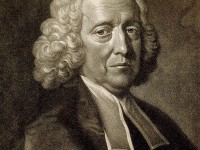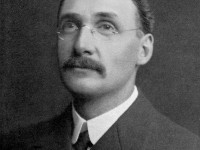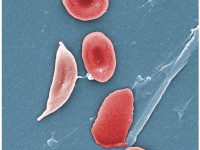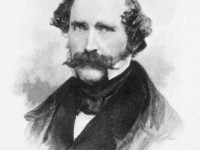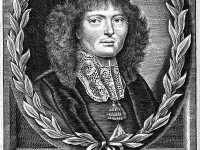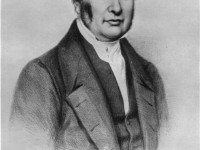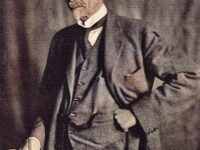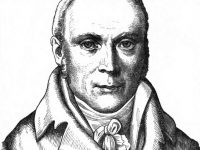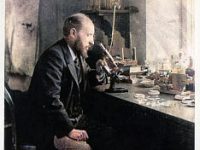Stephen Hales and the Blood Pressure
On September 17, 1677, English clergyman Stephen Hales was born. Hales made major contributions to a range of scientific fields including botany, pneumatic chemistry and physiology. He was the first person to measure blood pressure. He also invented several devices, including a ventilator, a pneumatic trough and a surgical forceps for the removal of bladder stones. In addition to these achievements was a philanthropist and wrote a popular tract on alcoholic intemperance. “We are…
Read more

